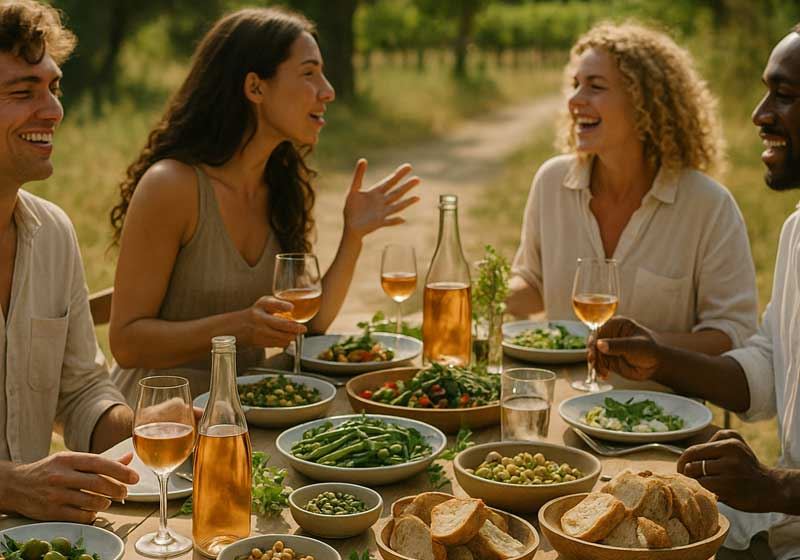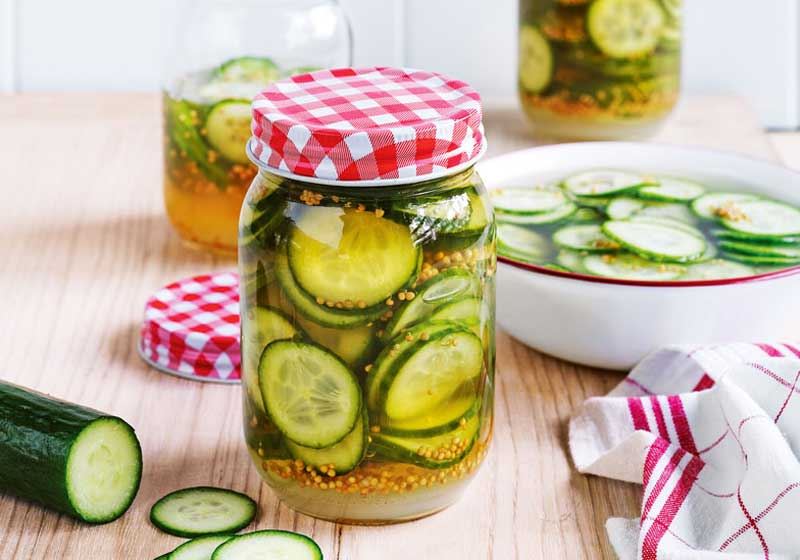By Laura Rancie.
Where It All Started:
A few years ago, friends stayed with us for a week over the January Summer holidays in our beach house on the Great Ocean Road in Victoria. It had been years since we had seen their family, now with four children! Our small beach shack would be full to the brim with a total of six kids and four adults in confined quarters, yet it was so exciting to reconnect.
Imagine our shock, when after the anticipated hugs and greetings they announced all six of them had gone vegan for a year and would be eating vegan all week long! The horror of it all came crashing down - isn’t that something you would share with your host family ahead of time?
We faked acceptance and smiles.
Over the course of the next couple of days, we learned more about the reasons why they were making the year-long experiment a normal part of their family’s everyday life.
I had to agree it did sound pretty good – their angle was not from an animal perspective as such, although that was an added benefit. Their reason came from a place of healing and health. They discussed the almost immediate benefits they had noticed including reduced bloating, increased vitality, lack of fatigue, better quality of sleep, less headaches, weight loss, increased sex drive and an overall feeling of awesomeness.
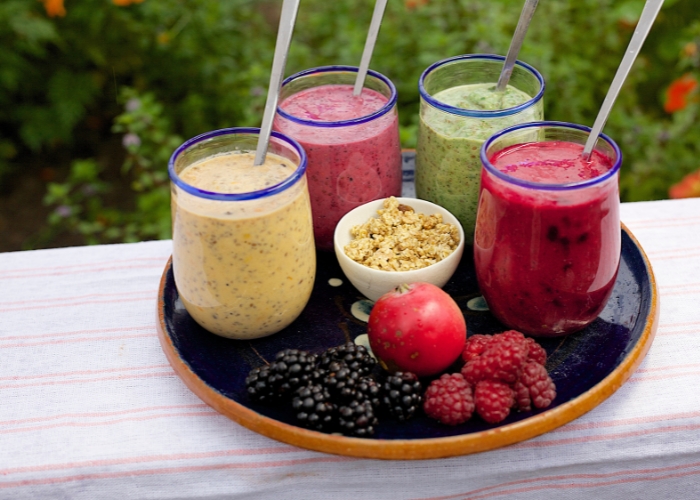
Should We Try It?
Some pretty compelling evidence to not only hope for but they had actually already experienced. Their excitement led me to dare ask my husband, "Do you think we should try it for the rest of the week while they are here?” And we did. After all, we didn’t want to be rude hosts.
We felt so good and had so much fun exploring ingredients and recipes over the week with our friends, that once they left, we extended our trial to a month. Knowing full well at the end of the month when school and work returned we would go back to ‘normal’ eating (we were about to be proved wrong).
I started researching articles, websites, statistics, podcasts and blogs. I read the research. I looked at who the research was funded by. I became excited. I became an expert in my own health, something I had never thought about.
Here is a collection of what worked for me and why.
The Most Helpful Turning Point:
Having already lived and studied at University on Hawaii’s North Shore, I felt drawn by a Canadian blogger living on Oahu, called Earthy Andy, who candidly shared her health journey:
"Health has always been a struggle for me. Thousands of dollars have been spent on specialists and doctors, medications and yet never have I achieved much of anything other than a short fix. The cycle of my problems always came back or did not leave at all. This included a long list of chronic stomach pains and digestive issues, coeliac disease, fatigue, asthma, allergies, brain fog, leaky gut syndrome, IBS, mood swings, irregular menstrual cycles, candida overgrowth, hypothyroidism and skin problems.”
As a busy student, Mum and wife she decided to dedicate a year to her health and become ‘an expert on her own conditions’. Her blog was full of food recipes like acai bowls, fruit bowls, curries, smoothies and heaped colourful Buddha-style bowls.
I started re-creating those foods at home and I felt great. I learned about gut health, the effects of dairy, the benefits of individual ingredients and their effects on our bodies.
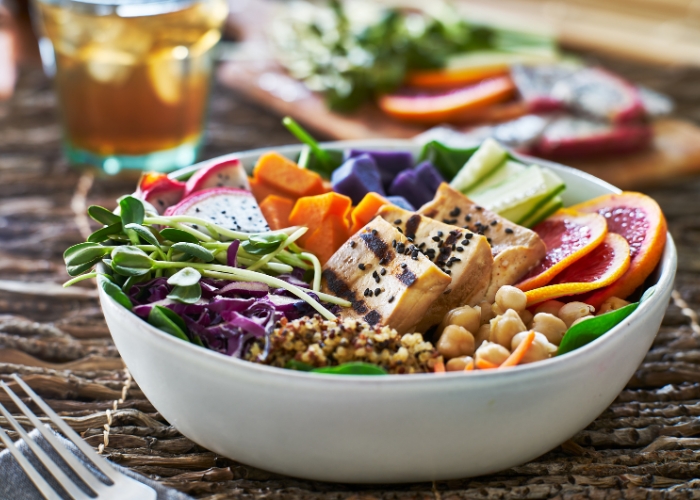
I was drawn to Gwyneth Paltrow’s, It’s All Easy recipe book - more recipes using whole foods, packed with nutrition and ingredients that aren’t what we call yellow food (oily chips, fried anything, junk food, meat pies, biscuits…Aussie junk food essentially).
I found Australian Nutritionist Simon Hill’s podcast, The Proof. I read his guides on supplements, tracking your progress, food and oil pyramids and what a HEALTHY food pyramid should actually look like.
A Surprise Turn of Events:
It really was an exciting part of our journey, learning about nutrition. The biggest takeaway for us was that at the end of the month, my husband realised he hadn’t had a single histamine reaction since we had started. For as long as he could remember he would take antihistamines daily. He realised that for him, those itchy eyes and red runny nose came from meat. Going off meat for him, was revolutionary. We later added organic meat in small quantities, back into our diet. Surprisingly, no reaction to organic meat when eaten a couple times a month.
My Top 5 Tips:
My advice to anyone wanting to change their diet, but not knowing how to start?
1. Take small steps - it’s not about removing food from your diet - think substitutes. We started by removing dairy milk and replacing it with coconut milk (read: Why Our Family of 5 Went Whole Food Plant Based).
2. Be immersed in knowledge - You're only going to be as strong as the support around you. Listen to podcasts when you're cleaning or driving, going for a run swap music for a motivational health podcast, bring headphones into the supermarket and listen to an informative health podcast. However it works for you, make the swap and listen to stories of how others did it. Read books and blogs. Again, find someone that inspires you and follow their journey, their stories, their recipes. Find cookbooks that are dedicated to fun ways to go plant based. Look up recipes on the internet and find your favourites. I guarantee that if you put effort into some of these, every single week your motivation will increase and the journey will truly become easier and more fun. You won't feel alone. You'll start feeling empowered.
3. Create fun around the swaps - we swapped breakfast cereal for daily smoothies; the kids became actively involved in choosing their fave frozen fruit. At weekends we had smoothie bowls and loved all the fun toppings we could add. We created a DIY topping bar at breakfast, allowing everyone to scoop their own hemp seeds, cacao nibs, organic coconut flakes, goji berries, chopped fruit, chia seeds and so on.
4. Research - become an expert on your own health! Read the articles. Ask what worked for others. Find out why coriander is so good for you; find out what the benefits of blueberries are. Why not try a sweet potato chocolate pudding and see if you like it, despite your preconceived idea that it sounds too vegan-y. Trial if removing dairy from your diet actually does reduce bloating and phlegm.
5. Read the labels and get to know ingredients - instead of buying the can of black beans with four fillers and 50% water that you always buy, see if there is a version that has a higher concentration of the actual product (be it almond milk, beans, meat…whatever) and little to no preservatives and fillers. You'll be surprised to compare two brands side by side that seem to be the same product, actually can be vastly different.
Get excited by the myriad of opportunities to learn about nutrition, gut health and food! We live in 2023 where everything is available to us, but that means we need to put in some effort too. Podcasts fueled me and would listen on my runs or in the car. To this day, I will wear my earbuds while grocery shopping and love listening to a good health podcast to continue that momentum, created years ago.
My top recommendation is Australian nutritionist, Simon Hill. (I got my geek-out moment recently when I actually got to interview him! You can read that here).
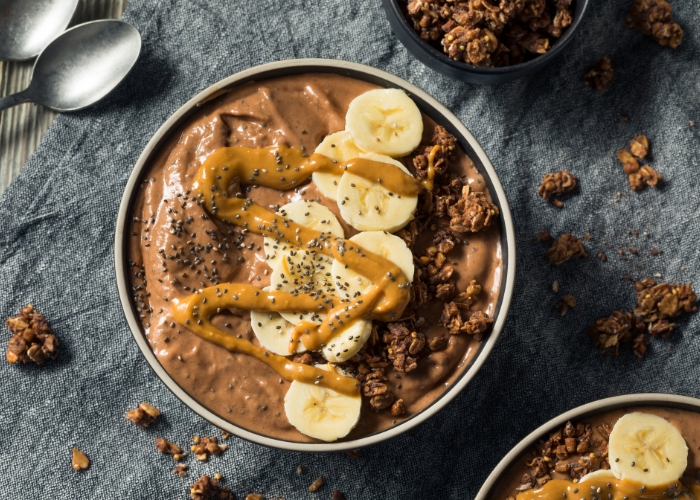
Over To You Now!
I hope this helps you at the start of your health journey. It will be different for you from what it was for me. I can guarantee that once you start experiencing the benefits of a diet filled with more vegetables and fruits, you will love it and that change in how you feel, will fuel your desire to learn even more.




